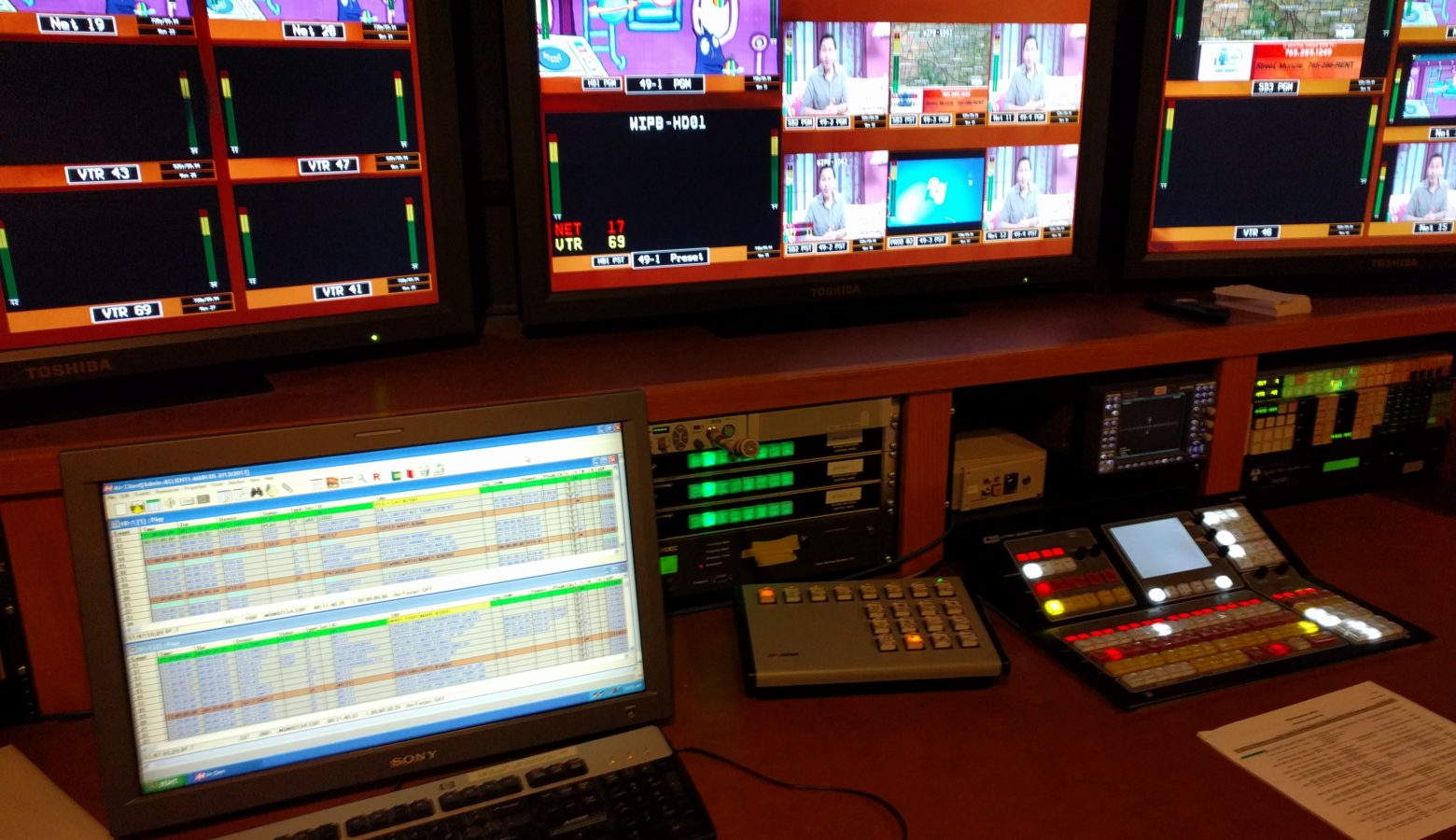Ball State University will continue to broadcast WIPB

Ball State University’s public television station, WIPB, will remain broadcasting with the university. But, as IPR’s Stephanie Wiechmann explains, some viewers will see a change in how they view the station.
In late 2015, Ball State University chose to participate in an auction process run by the Federal Communications Commission. The point was to free up some of the country’s wireless spectrum – which is shared by many things, including television stations and the mobile phone companies providing data to your smartphone.
The last stages of that auction are still going on, but the FCC has lifted a “quiet period” no communications order. That’s why Ball State says it can announce that WIPB-TV will not be sold and will continue to broadcast as a PBS station.
The university’s Board of Trustees said the school would participate in the auction, but would only do so with Ball State’s academic mission in mind. Last November, vice president for Information Technology Phil Repp said Ball State valued the station.
“They have a commitment to public broadcasting,” he said. “They have a commitment to the academic mission. And whatever we do, we’ve got to make sure those two items are in that commitment. And I think you have a Board of Trustees and you have a senior leadership who know its value.”
In a statement on Monday, Repp reiterated that commitment, saying selling the station’s spectrum was not in the school’s best interest. University officials also say the school will receive no compensation from the auction.
There will be one change to WIPB. The FCC is requiring it – like many stations across the country – to “repack.” This means changing its broadcast frequency. As university spokeswoman Joan Todd says, the station will move from channel 23 to channel 19.
But “broadcast frequency” is different from the channel you tune your television to to watch the station. For cable and satellite users, it’s up to their service provider to set the channel you tune to – and there will likely be no change. For those using rooftop or rabbit-ear antennas, there will be a change. But since the FCC is giving all “repacked” channels 20 months to make the change, stations like WIPB will have time to explain the change to viewers. And, the federal commission is paying for part or all of that “repacking” work.
While WIPB will still broadcast, some other stations around the country decided to sell their spectrum and go off-the-air. The University of South Florida will receive more than $18 million for their broadcasting rights. Central Michigan University will take one of their four transmitters off-line for $14 million.
